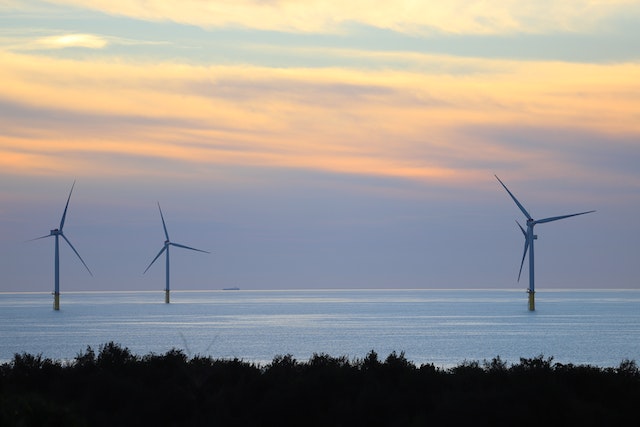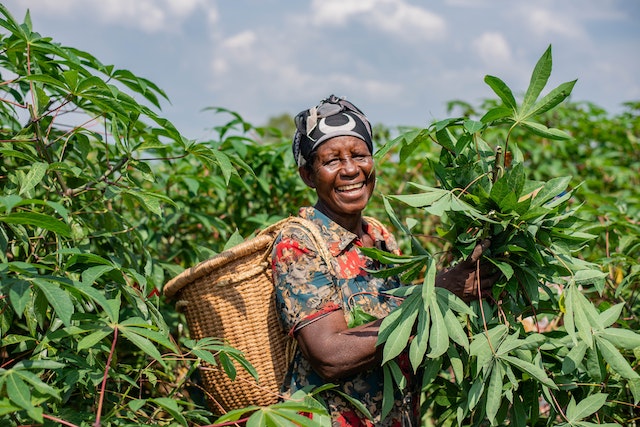
In this modern era, environmental conservation has become a pressing issue that needs to be tackled seriously. The natural resources around the world are getting depleted at an alarming rate, which is due to anthropogenic activities such as industrialization, urbanization, and deforestation. The need of the hour is to adopt sustainable environmental practices that strike a balance between economic growth and preserving the environment for future generations.
One of the crucial aspects of environmental conservation is conserving water resources. Water is a precious natural resource that needs to be conserved and used efficiently. One way of achieving this is through the practice of rainwater harvesting. Collecting rainwater can help supplement the existing water supply and reduce the usage of groundwater, which is getting depleted. Moreover, it can also help in the recharging of groundwater aquifers.
Another way to conserve the environment is to promote the use of renewable sources of energy. The burning of fossil fuels emits a large amount of greenhouse gases, which causes global warming and climate change. Adopting renewable sources of energy such as solar, wind, and hydro can help reduce greenhouse gas emissions and minimize the impact on the environment.
Conserving biodiversity is also an essential aspect of environmental conservation. The loss of biodiversity can have devastating effects on the ecosystem, as it disrupts the balance of nature. It is crucial to protect endangered species and their habitats, ensuring that they can continue to thrive in the future.
Conserving the environment also necessitates the adoption of sustainable agricultural practices. Agroforestry, organic farming, and crop rotation are some of the sustainable farming practices that can help to conserve the soil, reduce land degradation and maintain soil fertility.

Sustainable agriculture can also help to reduce the usage of chemical fertilizers and pesticides, which can have negative impacts on the environment, soil, and human health.
In conclusion, environmental conservation is an urgent global issue that requires immediate attention. It is only through sustainable practices that we can strike a balance between economic growth and environmental protection. The world needs to come together and devise strategies that can help us to conserve the environment and save it for future generations to come.
Is environmental conservation a waste of time?
Some people think environmental conservation is a waste of time. That time spent building coral reefs or saving species is wasted because the scale at which we can help is basically pointless.
However, this kind of thinking overlooks the fact that environmental conservation is not just about saving individual species or habitats. It is about protecting the entire ecosystem and ensuring that it continues to function as it should. Without biodiversity, the ecosystem would collapse, leading to disastrous consequences for all life on Earth. Environmental conservation is not just about preserving natural beauty, but also securing our own survival as a species.
Moreover, investing in environmental conservation can have significant economic benefits too.

Sustainable tourism, for example, can generate revenue and create jobs while also preserving the environment. Green technologies and products can also provide solutions to pressing environmental problems while also creating new business opportunities.
Ultimately, the choice is ours. We either continue to exploit the environment until it can no longer sustain us, or we adopt sustainable practices that can help us to protect and preserve the environment for future generations. Environmental conservation is not a choice between the economy and the environment. It is about striking a balance between economic growth and environmental protection, which is crucial for the survival of our species and the planet as a whole.


